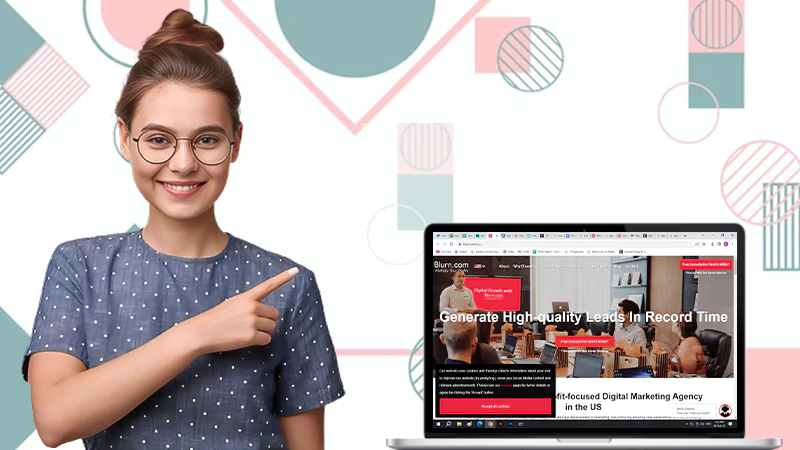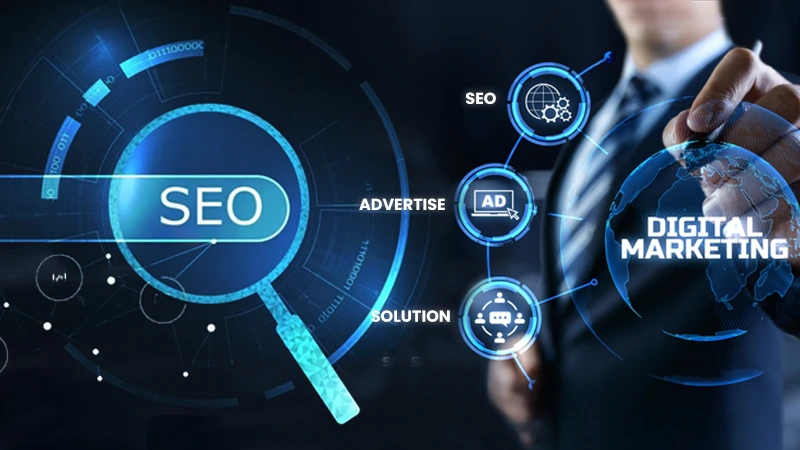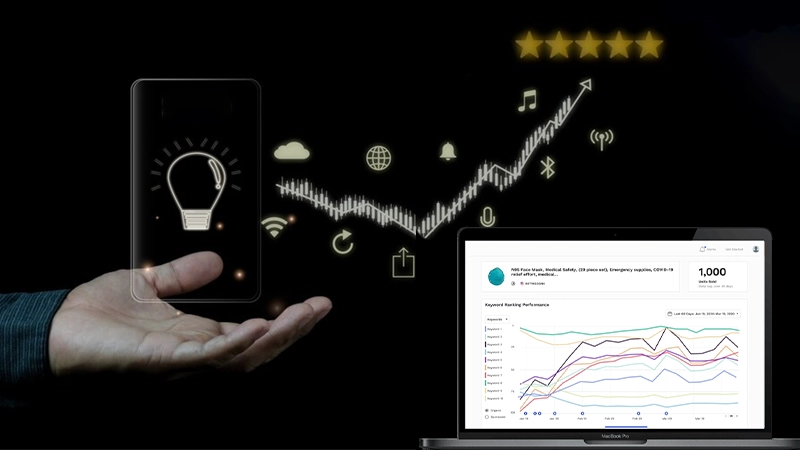Traditional Vs Digital Marketing, Learn What Will Work For Your Industry
Marketing is a constantly evolving domain as anyone who runs a business knows. It takes plenty of skill to –
- Identify the effectiveness of marketing campaigns
- Learn what is sustainable
- Adapt to changing consumer preferences
- Study the cost-benefit ratio
- Check out the long-term effects of your campaigns
All of this being said, there is one marketing strategy battle all business owners face in the 21st century –
Traditional or digital marketing – which works best for your industry?
Ah, the dreaded yet crucial decision has plenty of people scratching their heads on multiple sleepless nights.
One must keep in mind that this is not a question that can be easily sidestepped.
Common sense tells us that the marketing strategy that works fantastically for say, a finance marketing firm may turn out to be a disaster for say, a healthcare marketing agency. Learn more about healthcare marketing here.
We know this because of so many factors that differ between the two industries.
Worry not! We are here to help you.
But before we dive further, let’s have a basic idea of what traditional and digital marketing entails –
Traditional Marketing:
Traditional marketing could mean any marketing that is not done online. They encompass age-old tried and tested techniques that are not dependent on modern internet technology.
For example:
- Print advertising via newspapers or flyers
- Outdoor advertising such as billboards
- Telemarketing
- TV or the radio
And a whole lot more.
Digital Marketing:
Digital marketing refers to the use of the internet for marketing, or in other words, marketing through digital channels.
For example:
- Search engine marketing (which includes SEO)
- Content marketing
- Pay-per-click advertising
- Social media marketing
- Instant messaging marketing
And a whole lot more.
Now that we have established the basics, you are ready to dive into our quick guide on picking the right type of marketing for your industry.
1. Identify the age bracket that your industry caters to
As is already widely known, internet adoption varies heavily by age group. The older folks (baby boomers, for instance) are significantly less likely to be impacted by digital marketing as against the younger folks (such as millennials and Gen Z) who spend significant amounts of time online.
Pro tips:
- Ask yourself what age bracket your industry primarily caters to
- Study the media consumption statistics as per age group
- Look at how much of your target audience has adapted to the internet
Follow this and voila, the answer will present itself to you. The greater the internet penetration, the higher the efficacy of digital marketing and vice-versa.
2. How result-oriented is your industry?
Traditional marketing gets a bad rap for not producing instant, real-time results.
But it could also be that your industry does not need real-time results in which case, switching to digital marketing would seem like a futile (and unnecessarily costly) affair.
Pro tips:
- Ask yourself if your industry is ready to study instant results and act on them immediately
- Determine how much of your workforce is invested in marketing activities to ensure adequate action
- Find out of studying results in real-time has any benefits on your marketing campaigns
Note that digital marketing enables you to study factors such as conversion rates, peak trading times, and much more at the click of a few buttons. Not to mention digitally advanced marketing options.
For instance, something like real estate marketing can go a long way in etching the name of your brand in the mind of the consumers.
It is all on you to decide how you use data for the benefit of your enterprise.
3. How data-driven is your industry?
Data analytics, machine learning, artificial intelligence are buzzwords of our times. It is the water-cooler and coffee-table conversation that all business execs seem to be having nowadays.
Therefore it helps to know that digital marketing is the most data-driven type of marketing there is. Traditional marketing does not even come close.
Now it is for you to judge if all this data is going to be put to some good use or not.
Pro tips:
- Keep in mind that data analytics is all about what you make of the data that is available rather than simply collecting data
- Understand how many of your competitors make use of data in their marketing campaigns
- Traditional marketing could be for you if your industry, in general, has been slow to adapt to the data revolution
Data analytics can do wonders for your business if used the right way. Ensure that you have a strong team that is involved in making the right decisions for your business consistently.
4. Is your target audience from a particular geographical location?
It helps to know if your industry caters to the people that are spread out over a large area, or if they are present in a relatively small cluster.
Traditional marketing helps to reach a small localized audience very easily via flyers or the radio. It keeps the costs minimal while delivering good results.
Yes, digital marketing does offer you the option of localized ads, but they generally come at a considerable cost.
Pro tips:
- Study the media consumption patterns of the local area if your business clients are localized, and strategize your campaigns accordingly
- Study the economic development of your target audience’s country as that is highly correlated with internet use
- Analyze the historical patterns of marketing campaigns employed by other businesses even if they may be outside your industry
Note that traditional marketing helps as a radio ad may be played in one location. Mailbox flyers can also go to select suburbs if you so wish.
In conclusion
Marketing is a vast and ever-changing field. There are plenty of factors to be considered, and there may be multiple ‘right’ answers to any given question.
Here are a few more points to remember:
- Always be prepared to change and adapt as the situation demands
- Keep pushing the boundaries and exploring new opportunities
- Do not rush into any decisions
- Learn from your mistakes and vow never to repeat them
- Do not be afraid to ask for help whenever necessary
Most importantly, it is crucial that you have a strong team that backs you up with all your decisions.
Finally, follow the guide we have given you, and together with perseverance and grit, watch your business soar!
Follow Us
Latest Post
















